Welcome to Swarm-Rescue
Swarm-Rescue is a competition originally organized by the Centre Interdisciplinaire d’Études pour la Défense et la Sécurité (CIEDS) at IP Paris and by Agence Ministérielle pour l’Intelligence Artificielle de Défense (AMIAD), with support from the Agence de l’Innovation de Défense (AID). It is open to students from IP Paris (Ecole Polytechnique, Télécom Paris, Télécom Sud Paris, ENSTA, ENSAE and ENPC) and the schools of the French Ministry of Defense (ISAE Supaéro).
Since 2024, a parallel competition is organized in India by the Defense Research & Development Organisation (DRDO) and is open to students of IIT Madras, IIT Hyderabad, IIT Jodhpur and Hyderabad Central University. A meeting of the winning teams will be organized after the final in each country.
The goal is for each team to propose its own version of the drone controller in a search and rescue mission. In the competition, each participating team will perform on a new unknown map, and the winner will be the one who gets the most points based on several criteria: speed, quality of exploration, number of injured people saved, number of drones returned, etc.
This challenge aims to promote among students the topics of artificial intelligence for multi-robot or multi-drone systems, an essential theme in defense and civil security. For the organizers, this challenge is also an opportunity to evaluate the long-term potential of the various technical solutions proposed by the students. Still, the organizers claim no right to the developed solutions for short-term use. All the work done remains the property of the students.
The challenge does not require any particular technical skills, beyond basic knowledge of the Python language. It will mainly mobilize creativity and scientific curiosity from the participants.
The Competition
The work on the challenge will be done exclusively in this simulation environment, with maps of increasing complexity. The drones will have to manage the limited range of communication, collaborate with each other to acquire information and transmit it to an operator outside the zone, be able to manage sensor and communication failures and unforeseen events such as the loss of drones in order to conduct this mission autonomously. The final evaluation will be done on an unknown map made available to each team at the time of the demonstration.
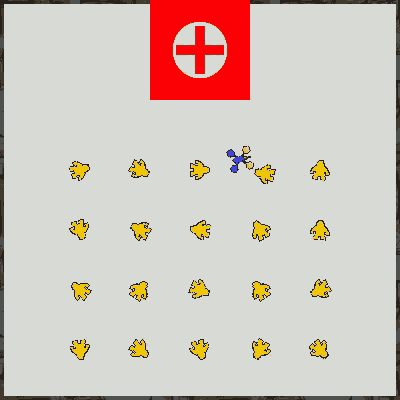
The Partners
French Organization
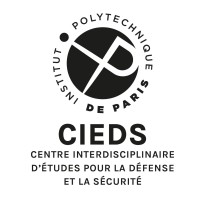
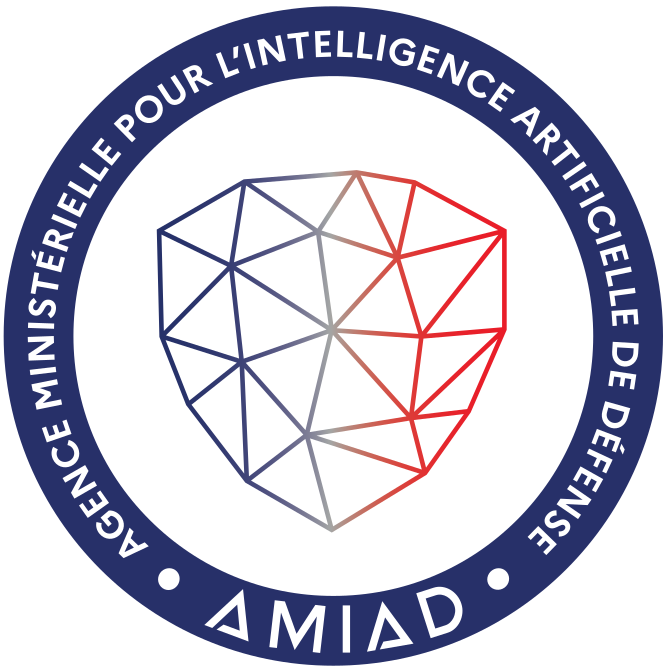
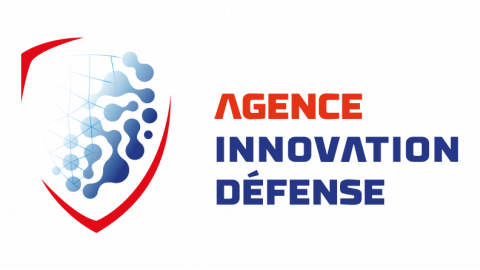
Indian Organization

French Participants

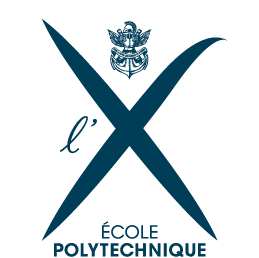
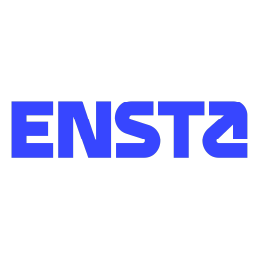
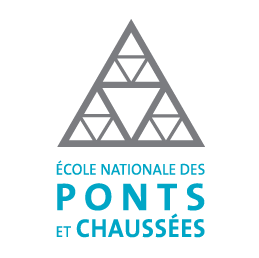
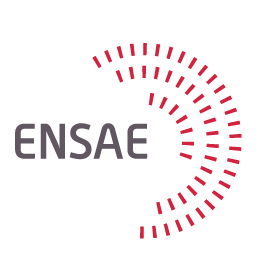


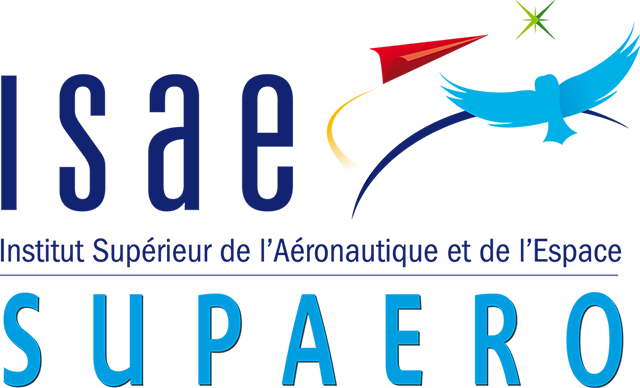
Indian Participants


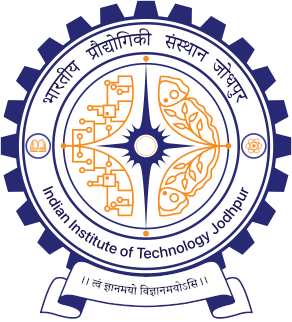
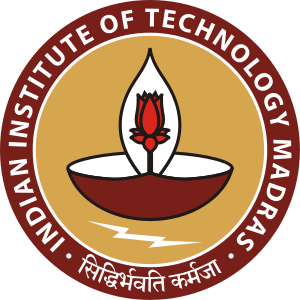
Acknowledgments
We would like to thank the team behind Simple-Playgrounds (SPG), the code of the simulator used to implement the competition.